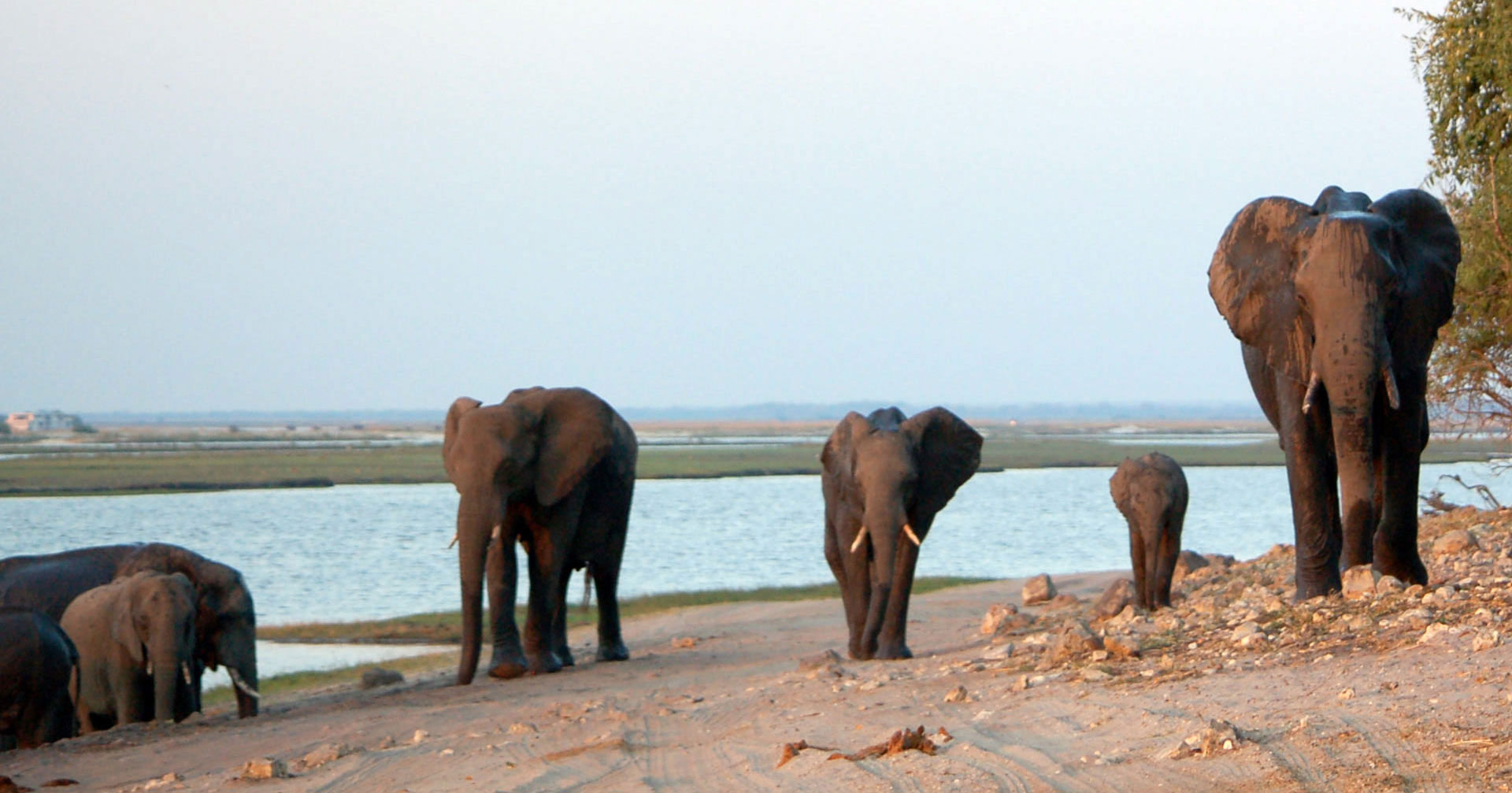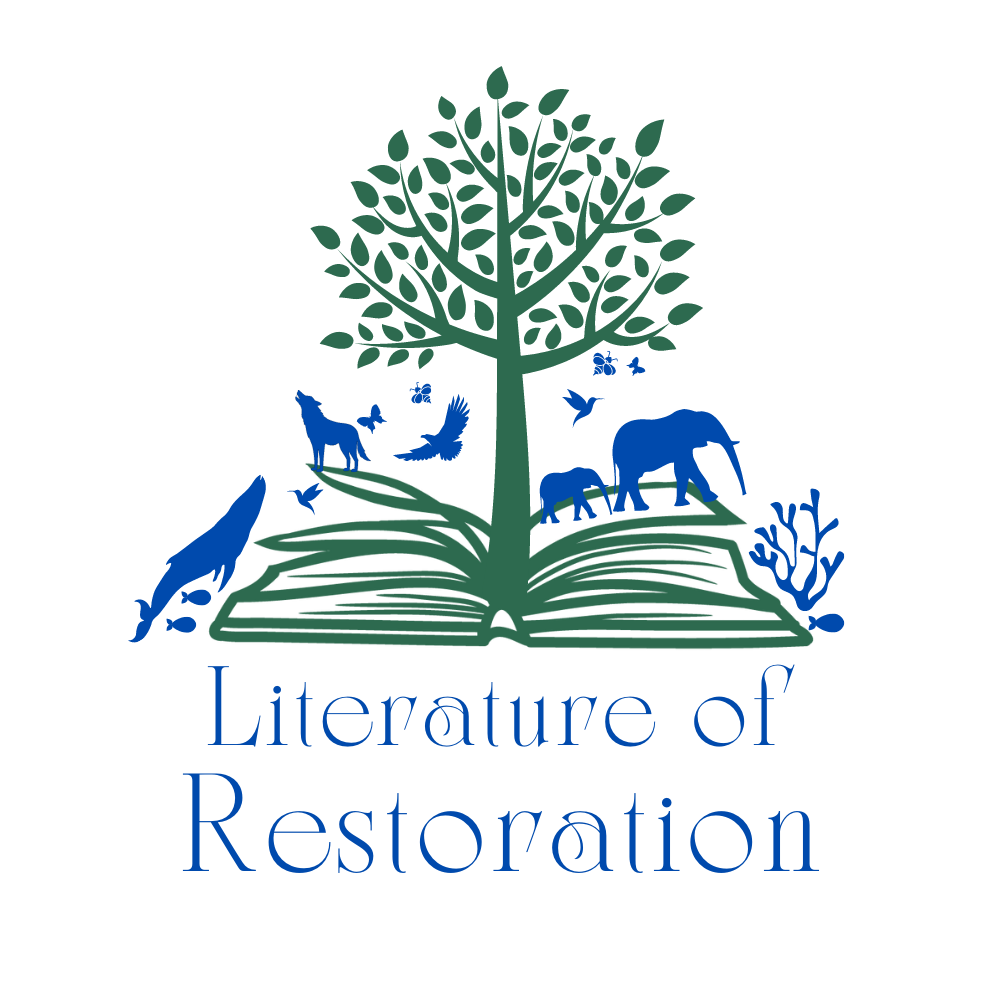Katrina – Our Chernobyl
“Hope is a state of mind, not of the world. Hope, in this deep and powerful sense, is not the same as joy that things are going well, or willingness to invest in enterprises that are obviously heading for success, but rather an ability to work for something because it is good.”
Vaclav Havel
![]()
The effects of Katrina are becoming a global tragedy like that of Chernobyl, but may yet become even more tragic and far-flung. The day after Katrina passed through the Gulf Sates, Gov. Haley Barbour of Mississippi said slowly and with great deliberation, “This is what Hiroshima must have looked like 60 years go.”
We dropped the bomb that devastated Hiroshima and we have not ceased and desisted since. The tragedy of Katrina is no less our responsibility and the consequences of our actions. And the tragedy of the devastation to the Gulf area is no less a global matter.
The consequences of this event show beyond a doubt that we are all involved. The Gulf tragedy, like the Tsunami earlier, is a dire warning for the world. It occurs within a few days of the announcements that the glaciers in the Himalayas are melting, and permafrost in the peat bogs of Siberia are melting and will release methane gas in ways that rival the progression of global warming and with even more dire results. These are the tipping points. Now how do we proceed?
How do we proceed? We do not know. When wise people are confronted by situations that are beyond them, they admit their incapacity and they call councils. We must call councils. We must call the elders, wise ones, scientists, et al, the experienced ones of the world community to confer with us and each other. Wise cultures call councils especially when they are, as we are, in grave danger of escalating the damage by taking short-term methods that can produce even greater devastation, like pouring chlorine into Lake Pontchartrain when others remedies are possible. Such cultures turn to the wise, wherever they can find them, in our case, anywhere and everywhere in the world, and they ask them to enter council and to counsel each other, governments and the people.
We must do this. Obviously, the first call must go to the environmentalists. We must find faith in each other and each other’s hearts. In this instance, the wisest of environmentalists, scientists and visionaries must find each other and begin to speak to each other. They do not have to sit in the same room, but they have to find each other, find some consensus on thousands of different issues, and communicate their ideas and hopes to those who must know what is to be known and who can act upon such the counsel. If a call goes out to a few whom we know are crucial, wise, experienced and sane, those few will find others. They can be encouraged to speak to whomever they know who might have pertinent information and thoughts. People know people. They can begin to confer. To council with each other.
Then the information can be funneled, by so many different means, into those organizations and entities that can act on them. We must generate generous and trusted systems of intelligence that can guide the planet at this time.
We don’t need a central authority or focal point at this moment. We don’t have a wise, trustworthy or capable central authority at this time. So we need the wise to begin to talk to the wise and each will find his/her own avenues. Streams becoming rivers becoming an ocean of wisdom and consciousness. Underground streams as essential as visible ones.
We must ask each other to set aside, entirely, our personal hopes for our future, for our security, for our advancement. Let us all be like those who have lost everything. We are those who have lost everything. We have all lost everything. We have. There is no future unless we understand that we have lost everything and we have to begin again. No one and no system in the living world are safe at this moment.
Some of those who have lost everything in the wake of the hurricane are in virtual prisons. Those of us who are not yet in prison, we must speak and act. So many of us have been prepared for such a moment but we need to be encouraged to speak out on behalf of life itself. The earth may still be benevolent and allow us to live but only if the earth perceives that there is an international movement of compassion and wisdom coming forth.
There is certainly no time or place for paralyzing despair, anger or politics. We have to act freely and so must act outside of governments’ invitation and constraints, but act in such ways that governments are informed and required to listen and consider the wisdom that comes forth. To know the causes of what happened is essential so we will know how to proceed. We cannot simply blame the tragedy on late and insufficient response. We cannot simply blame it on not having built levees or on having diverted funds to the horrible war, with its own devastating effects on the environment that we are perpetuating in Iraq. The causes are deeper as well and systemic. Investigation of our errors is critical as is information. We cannot abide the government refusing to allow the information we need to emerge. We cannot abide ‘embedded’ journalists or journalists refused entrance into a besieged area in our own country. We will not know how to proceed if we don’t know what the conditions really are and what they portend.
We have to look back to see how the ways we are living our lives endanger the entire planet. Information is critical. We cannot look away now. There are many responses that are required now. No one person or group can assess them all. Let us step out of the old thinking and the old forms that have brought us here. Let us set aside all personal interest, hope for personal gain and fantasies of being safe.
Common jeopardy – and as the Lakota Sioux people say, “All our Relations,” Mitakye oyasin.
Let those who can see begin to lay out some of the far-flung implications and consequences so that we respond and act carefully. We must know the possible immediate and future environmental consequences for the people, animals, land, air and water. We must know the possible economic consequences. Economic consequences have political consequences. Political, economic and environmental consequences have social and humanitarian consequences. We must know the psychological consequences and what they portend for us as people on the planet. We must face what happens to people when they are so traumatized as people are being traumatized everywhere on the globe. We need the details, the information and the overview and we need wise, experienced and cool heads. We may not learn everything we need to know now but we can, must, at least try.
If the consequences are global then the intelligence to meet them has to be global.
Let us lay out the consequences without creating panic within ourselves or in others. This is no time for panic. Working in concert can be reassuring and stabilizing. It creates hope and calm.
There are probably other ways to proceed. I do not know them. Others may and others will come to know. That is why Council.
Let us search out each other to imagine the opportunities we may still have for the future. Let us find all the gates that lead toward changing our ways and responding, now, differently, and in accord with the crises and our profound hopes for a future for the world.
Deena Metzger’s recent books include, Entering the Ghost River: Meditations on the Theory and Practice of Healing; Doors: A Fiction for Jazz Horn; The Other Hand and [co-editor] Intimate Nature: Women’s Bond with Animals.


